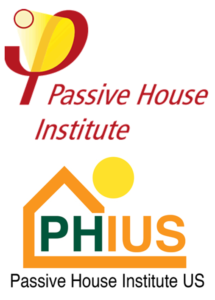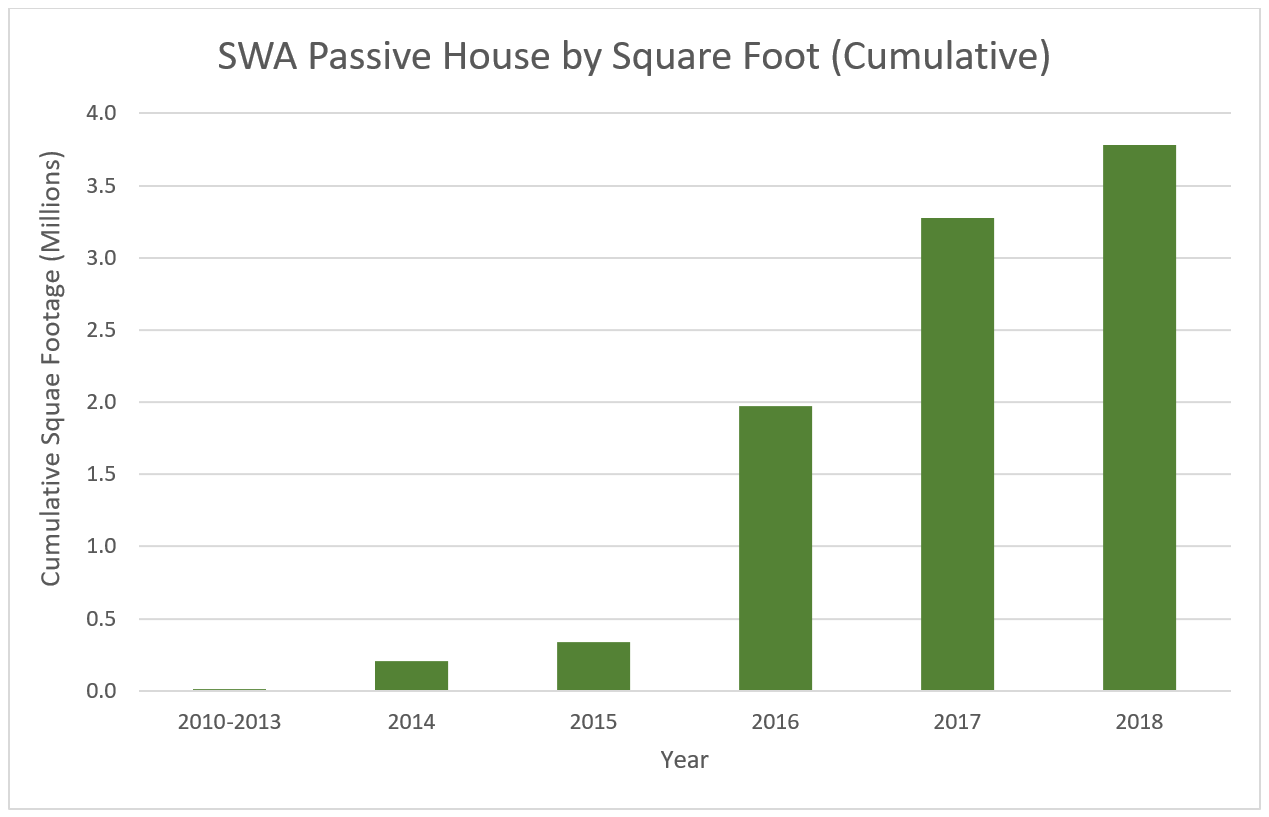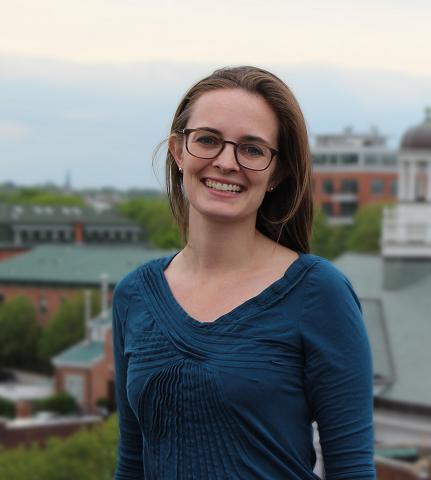- May 18, 2018
- 0 Comments
- In Certifications & Programs
- By Steven Winter Associates
 Did you know that there are two pathways for earning Passive House certification? There’s Passive House International (PHI) and Passive House Institute US (PHIUS). Using an energy modeling software, both programs evaluate a building based on a variety of factors. Despite the misleading moniker, certification is not limited to just housing. In fact, building types from residential and commercial high-rises to industrial factories have earned Passive House certification around the globe. However, the two certification programs are run by separate institutions, using different energy modeling software and standards. However, both ultimately maintain the shared goal for high performance, low energy buildings.
Did you know that there are two pathways for earning Passive House certification? There’s Passive House International (PHI) and Passive House Institute US (PHIUS). Using an energy modeling software, both programs evaluate a building based on a variety of factors. Despite the misleading moniker, certification is not limited to just housing. In fact, building types from residential and commercial high-rises to industrial factories have earned Passive House certification around the globe. However, the two certification programs are run by separate institutions, using different energy modeling software and standards. However, both ultimately maintain the shared goal for high performance, low energy buildings.
Historically, around 2013, the PHIUS organization developed a new standard called PHIUS+ 2015 with a climate-specific approach and an alternate modeling software. Starting in March 2019, PHIUS projects will be held to updated requirements under the PHIUS+ 2018 program.
PHI also offers project and climate specific cooling demand thresholds, having previously begun offering alternate certification options in 2015. Additionally, PHI created a program called EnerPHit to provide more flexibility for retrofits. PHI recognizes buildings that exceed its standard certification by offering Plus and Premium certification, as well as a Low Energy Building certification pathway for projects that are near PH efficiency.
Uptake in Passive House adoption has increased dramatically in recent years. PHIUS certified projects in the US have reached 769,000+ square feet* across 168 projects, including 586 residential units and 12 commercial projects**. PHI certified projects in the US total 329,000+ square feet across 48 projects comprising 396 residential units, one office, and four school/campus/university buildings*. This includes Cornell Tech, which earned its certification in 2017 and is currently recognized as the tallest Passive House building in the world.
Steven Winter Associates, Inc. (SWA) has over 3.5 million square feet under contract. This includes 944 units and one office in 13 buildings pursuing PHIUS+ 2015 certification. It also includes 2,038 units and an office in 25 buildings pursuing PHI certification; and, 135 units and one manufacturing facility in eight buildings pursuing EnerPHit certification.
SWA frequently evaluates projects during the feasibility stage to both PHI and PHIUS standards. Cost benefit analyses and other overlapping project goals are considered, then ultimately, the project team selects a program to pursue after carefully reviewing the feasibility study provided by our Passive House team.
Stay tuned for updates from SWA’s Passive House team!
* Based on data from May 7, 2018
** Prior to September 2015, PHIUS certified projects to the PHI standard. For example, in 2014-2015 seven single family homes in Ithaca, NY that SWA consulted on were certified to the PHI standard through PHIUS.
By Joanna Grab, Senior Sustainability Consultant


